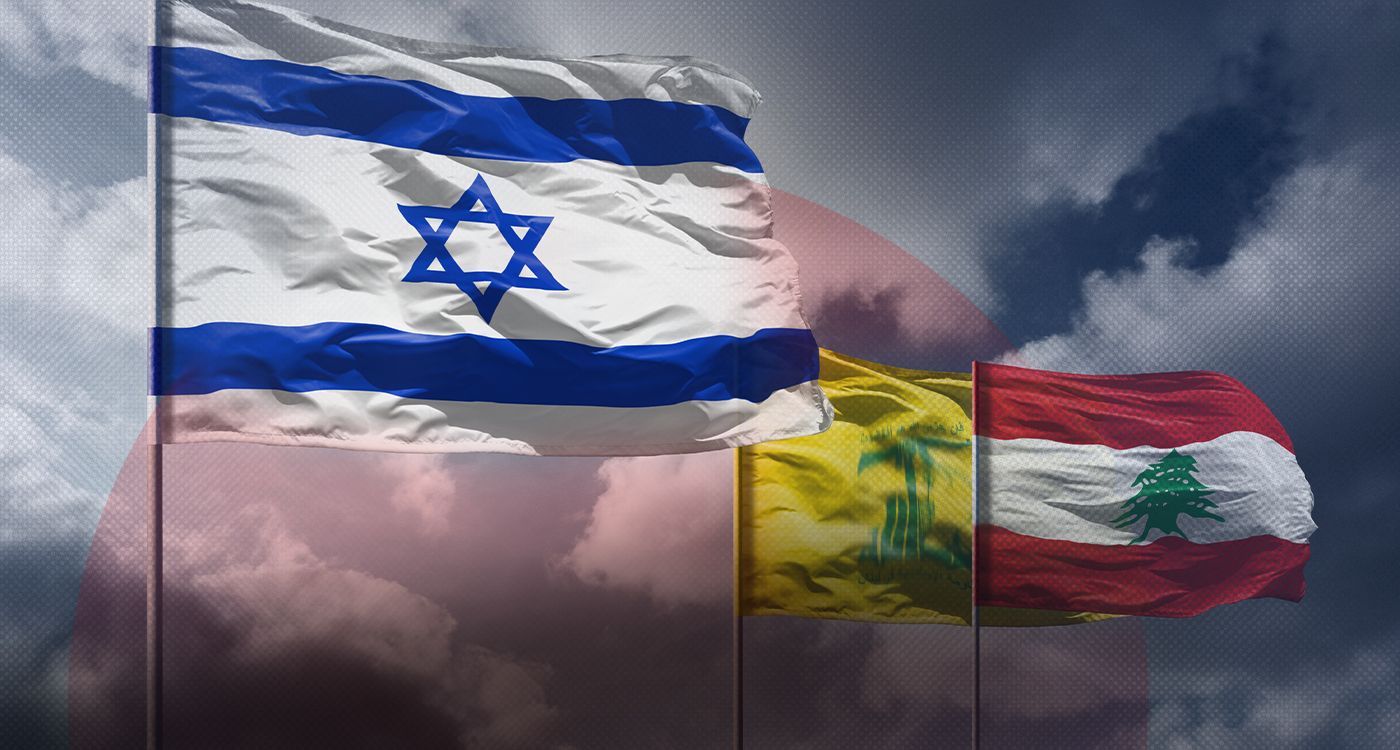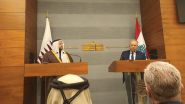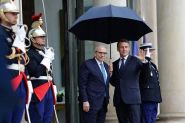
The truce agreement is coming to an end, and nothing has been accomplished on the Lebanese side: delays in disarming, setting demarcation lines, and laying the groundwork for long-term strategic goals. The incendiary rhetoric of Hezbollah and its ideological humbug have returned to the foreground at a time when the newly established authorities are still coaxing it, debating their strategic choices, and rehashing the anti-Israeli mantra that has destroyed Lebanese statehood throughout the last six decades. The political upheavals are inauspicious since they reflect Lebanon’s incapacity to reestablish itself as an independent country and to eliminate the structural and situational restraints on its sovereignty.
We are dealing with inhibitions that have undermined the legitimacy of the Lebanese State. The inability to form a cabinet, far from being an incidental travail, unveils the structural impediments, the complicity of the reigning oligarchy and its ability to sabotage the changing dynamics, and the pliability of the incoming actors to the badgering of Shiite power politics. The inability of the Lebanese Army to carry out the commissioned security assignments along the southern and eastern borders and to challenge the political and military extraterritoriality in these regions and in Palestinian camps are bad indicators in terms of national sovereignty and the restoration of legality in institutionalized wastelands.
The very fact that Hezbollah is questioning the right and ability of the Lebanese State and deciding unilaterally on strategic issues puts at stake the relevance of the truce agreement and its incidence on political stability within Lebanon and regionwide. Therefore, the credibility of Lebanese political institutions is once again under scrutiny, and their operational legitimacy is largely undercut. The resumption of violence in Lebanon at this stage is dooming since it endorses the state of political prostration and forestalls the restoration of sovereignty.
The inability of the new power incumbents to defy Hezbollah’s arrogance and their pliability to its coercion raise thorny issues related to institution building, constitutional statehood and national sovereignty. The prospects of civil concord and the viability of Lebanon are in jeopardy. Lebanon remains under the mercy of Iranian power politics, and our national territories serve as operational theaters.
The situation in Gaza and the West Bank is a replica of the Lebanese theater and is largely manipulated by Iranian power brokers. The jockeying of Hamas in Gaza is interrelated to the rising instability in the West Bank and highlights the strategic continuums between the two. The creation of the new front is going to fuel Israeli extremism, foster the radicalization of the Israeli political scene, and bring polarization to the forefront of Israeli politics. The truce and the hostages swap mechanism are at a turning point since they may decouple from potential peacemaking and turn awry.
The Iranian derailment strategy is manifest and aims at undermining the truce negotiations and invalidating their dynamics. One wonders whether this political trajectory is likely to survive and to which extent Israel is willing to condone it and deal with it in the immediate range; aside from its effects on political radicalization and the reshuffling of the political sceneries in both Israel and amongst Palestinians.
Syria’s normalization course seems to hold despite the uncertainties shrouding the transition process. Ahmad al-Sharaa consistently displays his new political vision and demonstrates his determination to pursue the normalization course through incremental de-radicalization, social and economic liberalization, and willingness to join the international community through its front doors while trying to protect his maneuverability amid colliding power politics.
He has a long way to go before addressing the compounded issues of the post-war era and its imponderables. The critical issues of ethnic minorities and the future of the Syrian national configuration are moot and beget further questions on the readiness of the Syrian political scene to reengage these lingering geopolitical issues away from the conventional narratives of Arab nationalism and Islamism.
The emergence of a new political configuration pioneered by the Israeli counteroffensive is supplemented by the election of Donald Trump and the impending strategic realignments that may come at its heels.The political and military confrontations with the Iranian regime are inevitable if we were to witness the political normalization of the region. The aspiration to normalization is overwhelming in the larger Middle East, and there is no reason to adjust to the Iranian regime’s diktat and deal with its disastrous outcomes.




Comments